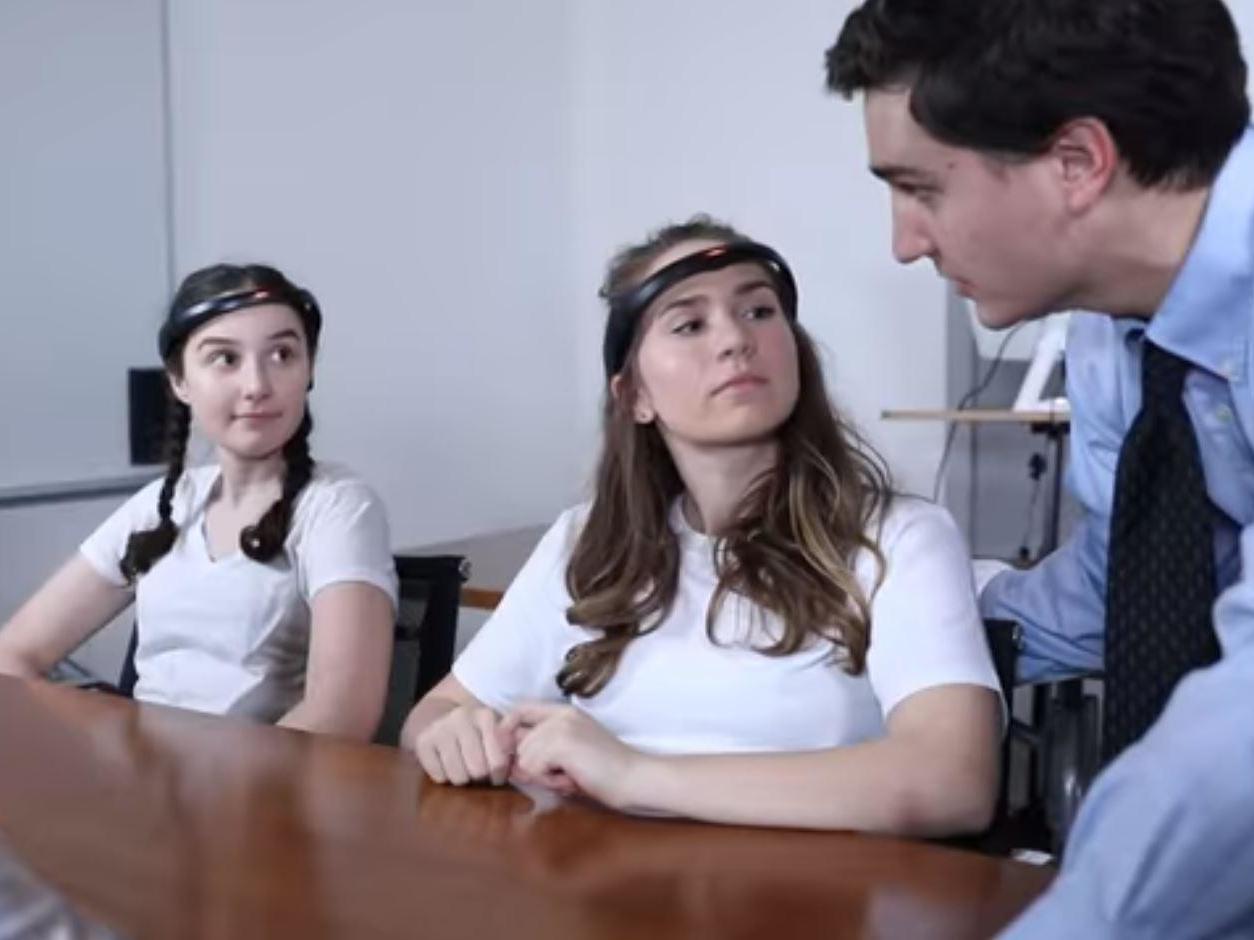Chinese schools scanning children's brains to see if they are concentrating
US-made devices could be used to collect data on 1.2m pupils

Your support helps us to tell the story
From reproductive rights to climate change to Big Tech, The Independent is on the ground when the story is developing. Whether it's investigating the financials of Elon Musk's pro-Trump PAC or producing our latest documentary, 'The A Word', which shines a light on the American women fighting for reproductive rights, we know how important it is to parse out the facts from the messaging.
At such a critical moment in US history, we need reporters on the ground. Your donation allows us to keep sending journalists to speak to both sides of the story.
The Independent is trusted by Americans across the entire political spectrum. And unlike many other quality news outlets, we choose not to lock Americans out of our reporting and analysis with paywalls. We believe quality journalism should be available to everyone, paid for by those who can afford it.
Your support makes all the difference.Headbands that monitor concentration by reading brain signals have been trialled on thousands of Chinese schoolchildren.
The devices could soon be used on millions of students across China, according to the US tech company which designed them.
Massachusetts-based start-up BrainCo says its Focus 1 headbands can help teachers identify pupils who need extra assistance.
However, neuroscientists have questioned the devices’ effectiveness and the technology has also raised privacy concerns.
The headbands use electroencephalography (EEG) sensors to detect brain activity when the wearer is engaged in a task.
The devices were worn by 10,000 schoolchildren aged between 10 and 17 during a recent trial in China, according to New Scientist.
Teachers monitored pupils’ attention using an app which received information from the headbands. Lights on the front of the devices also show different colours for varying concentration levels, flagging to staff if students are not paying attention.
Students also played a smartphone game aimed at improving their concentration for 25 minutes at home each day.
BrainCo founder and chief executive Bicheng Han said the trial led to improved grades among participants, who also needed to spend less time on homework.
The company has signed a deal to provide 20,000 headbands to a Chinese distributor.
"Our goal with the first 20,000 devices, each of which will be used by multiple students in schools, is to capture data from 1.2 million people," Mr Han.
However, the China study's results have not been published in an academic journal and scientists have voiced doubts about the technology.
Russell Barkley, clinical professor of psychiatry at Virginia Commonwealth University, said any improvements were likely to be caused by the placebo effect.
"It’s from parents’ expectation, not the products, he said.
Join our commenting forum
Join thought-provoking conversations, follow other Independent readers and see their replies
0Comments